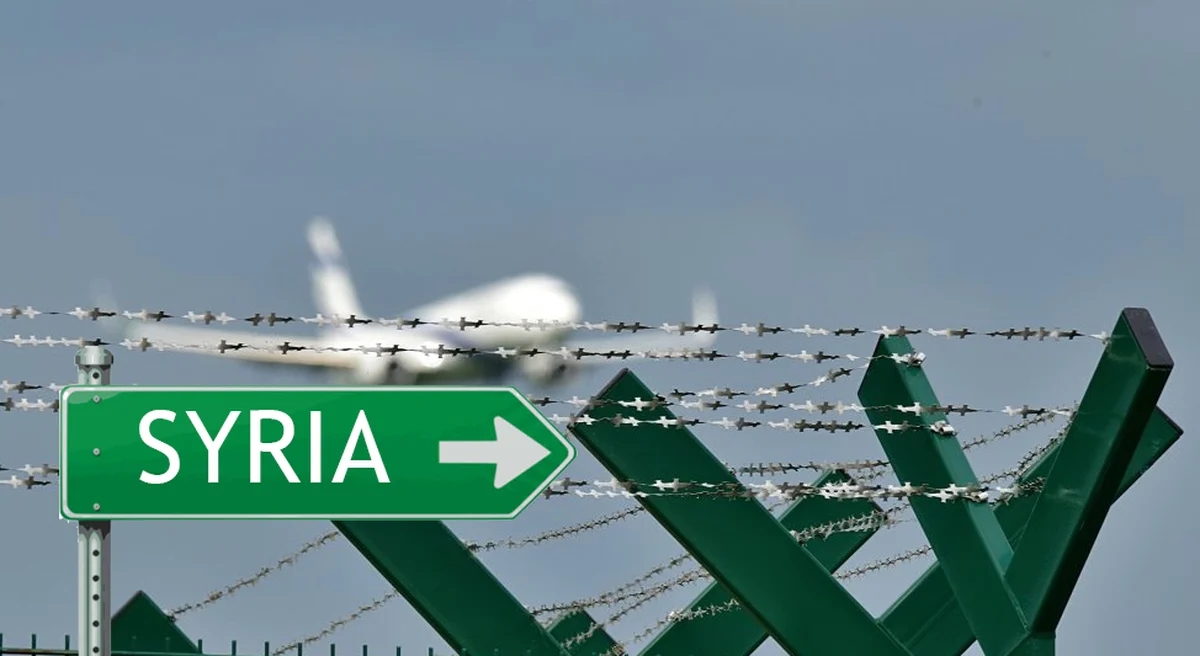04/07/2025
04/07/2025

VIENNA, July 4: Austria has deported a Syrian man with a criminal conviction back to his home country, marking what authorities described as the first direct deportation to Syria since the Assad regime solidified control over the war-torn nation.
"The deportation carried out today is part of a strict and thus fair asylum policy," Austrian Interior Minister Gerhard Karner said in a statement on Thursday.
According to the Interior Ministry, it is the first such repatriation to Syria in approximately 15 years. The individual, a 32-year-old man who had been granted asylum in Austria in 2014, lost his refugee status in 2019 due to a criminal conviction. His legal advisor, Ruxandra Staicu, confirmed the deportation but declined to disclose details of the offense. The man had recently received a negative decision on a new asylum application and was awaiting a response on a subsequent appeal.
Austria, home to roughly 100,000 Syrians, has been among several European countries calling for the return of certain refugees, particularly those with criminal records, following the end of large-scale conflict in some parts of Syria. The Austrian government advocated for “orderly repatriation and deportation to Syria” as early as 2019.
Broader Push Across Europe to Reevaluate Syrian Deportations
Elsewhere in Europe, countries are similarly reassessing their deportation policies in light of evolving geopolitical realities. Germany’s Interior Minister Alexander Dobrindt recently revealed ongoing efforts to negotiate with Syria's current Islamist administration to enable the deportation of Syrian nationals with criminal convictions. Germany has taken in nearly one million Syrians since 2015, making it one of the largest host nations in Europe.
Germany also resumed deporting Afghan convicts in August, ending a suspension put in place after the Taliban’s return to power in 2021.
In Denmark, Prime Minister Mette Frederiksen took a hardline stance during a press conference marking the start of her country’s six-month presidency of the EU Council. “Migrants who commit serious crimes and do not respect our values and way of life – I don’t think they have a place in Europe. They should be expelled,” she said, while calling the current asylum system "broken" and blaming it for the effects of "uncontrolled migration" across the continent.
Denmark began revoking the residency permits of some Syrian refugees in 2021, citing improved security conditions in select areas of Syria.
EU Moves Toward Stricter Migration Rules
Nearly a decade after the peak of Europe’s 2015–16 migration crisis—when over 1.3 million people sought asylum—the European Union has continued tightening its asylum and migration framework. Recent proposals from the European Commission include faster repatriation processes for individuals deemed ineligible to remain in the EU, and the potential establishment of offshore “return hubs” outside European territory.
EU Commission President Ursula von der Leyen, speaking alongside Frederiksen, expressed hope that Denmark’s EU presidency would accelerate progress on these initiatives, including the formation of a common list of “safe countries” to facilitate streamlined asylum processing and expedited deportations.
However, the proposals have sparked backlash from human rights organizations. In a joint statement issued this week, 52 civil society groups—including Amnesty International and the Danish Refugee Council—warned that the reforms could “seriously undermine people’s access to fair and full asylum procedures in Europe” and raised alarms over the human rights implications of proposed offshore return hubs.
As the European Union redefines its migration policy, critics argue that the balance between border control and human rights remains fragile and increasingly contested.


